New healthcare regulations
The Romanian government has approved a series of new regulations in the healthcare sector.

Daniela Budu, 22.03.2018, 14:15
The government in Bucharest approved on Wednesday a new framework contract for the provision of medical assistance this year, which, according to the National Health Insurance House, contains a series of new provisions compared with last year aimed at expanding access to medicine and medical services for those insured, cutting some of the red tape and making the activity of medical service providers more transparent. These regulations come into force on the 1st of April but it isn’t until the 1st of July that people will be able to get their medicine at any pharmacy in the country that has a contract with the health insurance system.
Similarly, paraclinical tests recommended by the doctors who have a contract with the health insurance system may also be carried out at any provider in the country starting on the 1st of July. According to the National Health Insurance House, family doctors will provide new services as part of the package of basic medical services, such as writing a medical note for unemployed people who find new employment and compiling a medical file for disabled children. The government also approved the inclusion of 16 new substances on the list of free or subsidised medicine used in the treatment of TB, oncological diseases, bronchial asthma, rheumatoid arthritis, HIV and AIDS and severe atopic dermatitis.
The health ministry has already approved a series of measures to improve the control of TB, such as the 2015-2020 National Strategy for the Control of Tuberculosis in Romania aimed at eliminating this disease as a public health problem by 2050 and ensuring funding for the prevention, supervision and control of this disease. Also to improve the ailing Romanian healthcare system, an emergency order was issued to supply immunoglobulin. The health ministry admits that despite its efforts, this substance used in the treatment of disorders of the immune system is still in short supply in Romania. Recently, Bucharest has requested help from the European Union states under the European civil protection mechanism, asking for any available amount of this substance.






























